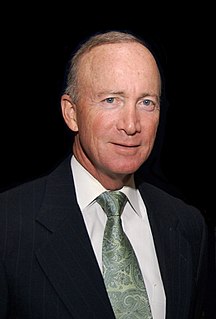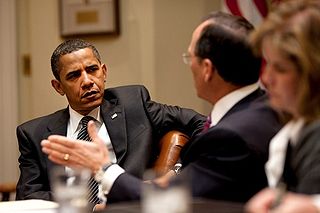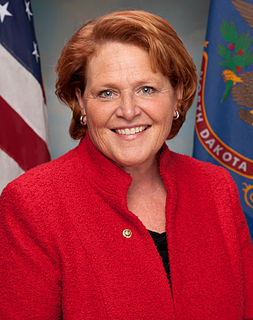A Quote by Bill Gates
Nigeria has moved into low-middle-income, but their north is very poor, and the health care systems there have broken down.
Related Quotes
I understood it was a poor area when I was young because you're driving through it and you see these low-income homes that I hadn't really seen before. I'd lived in upper-middle-class neighborhoods before we moved to Athens and The Plains. You understand, but you don't really understand the magnitude until you get older.
We have a nation where the elite thinks it's OK to advocate a war and send the lower-income people to do the fighting. It's natural for such a people to think that the lower-income people should also have a worse health care experience. And the other countries are not there - I always say, not there yet. I tell the Germans and the Swiss, "You're not there yet, but if you're not very, very careful, if we Americans come over there and rearrange ... your health care system, you will be just like us."
The people who are having the hard time right now are middle-income Americans. Under the president's policies, middle-income Americans have been buried. They're just being crushed. Middle-income Americans have seen their income come down by $4,300. This is a tax in and of itself. I'll call it the economy tax. It's been crushing.
Is it just a coincidence that as the portion of our income spent on food has declined, spending on health care has soared? In 1960 Americans spent 17.5 percent of their income on food and 5.2 percent of national income on health care. Since then, those numbers have flipped: Spending on food has fallen to 9.9 percent, while spending on heath care has climbed to 16 percent of national income. I have to think that by spending a little more on healthier food we could reduce the amount we have to spend on heath care.
Jobs are pouring out of America; you see what's going on with all of the companies leaving our country, going to Mexico and other places, low pay, low wages, mass instability overseas, no matter where you look. The middle east is a disaster. North Korea - we'll take care of it folks; we're going to take care of it all. I just want to let you know, I inherited a mess.
I agree that income disparity is the great issue of our time. It is even broader and more difficult than the civil rights issues of the 1960s. The '99 percent' is not just a slogan. The disparity in income has left the middle class with lowered, not rising, income, and the poor unable to reach the middle class.
It’s innate in me to be a Democrat — a true Southern populist kind of Democrat. There’s not a lot of those anymore. I’m not saying I’m right or wrong. That’s just the way I feel. The issues that matter to me are the social safety nets for people, health care, middle-class concerns. We need to take care of the middle class and the poor in our country. The chasm is getting larger between haves and have-nots, and that’s something we need to close down a little bit.


































